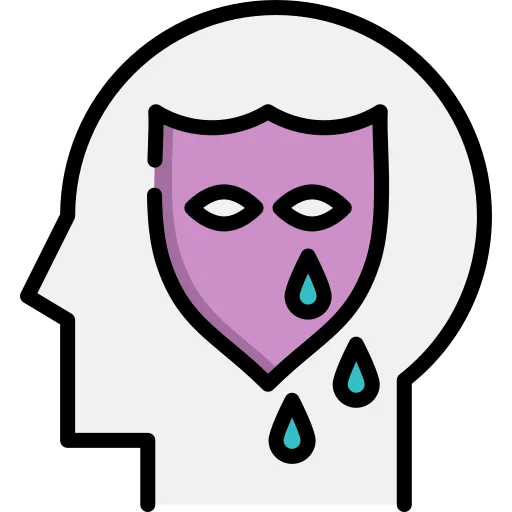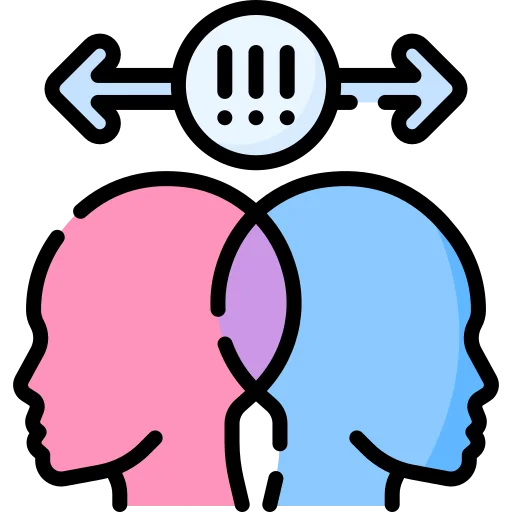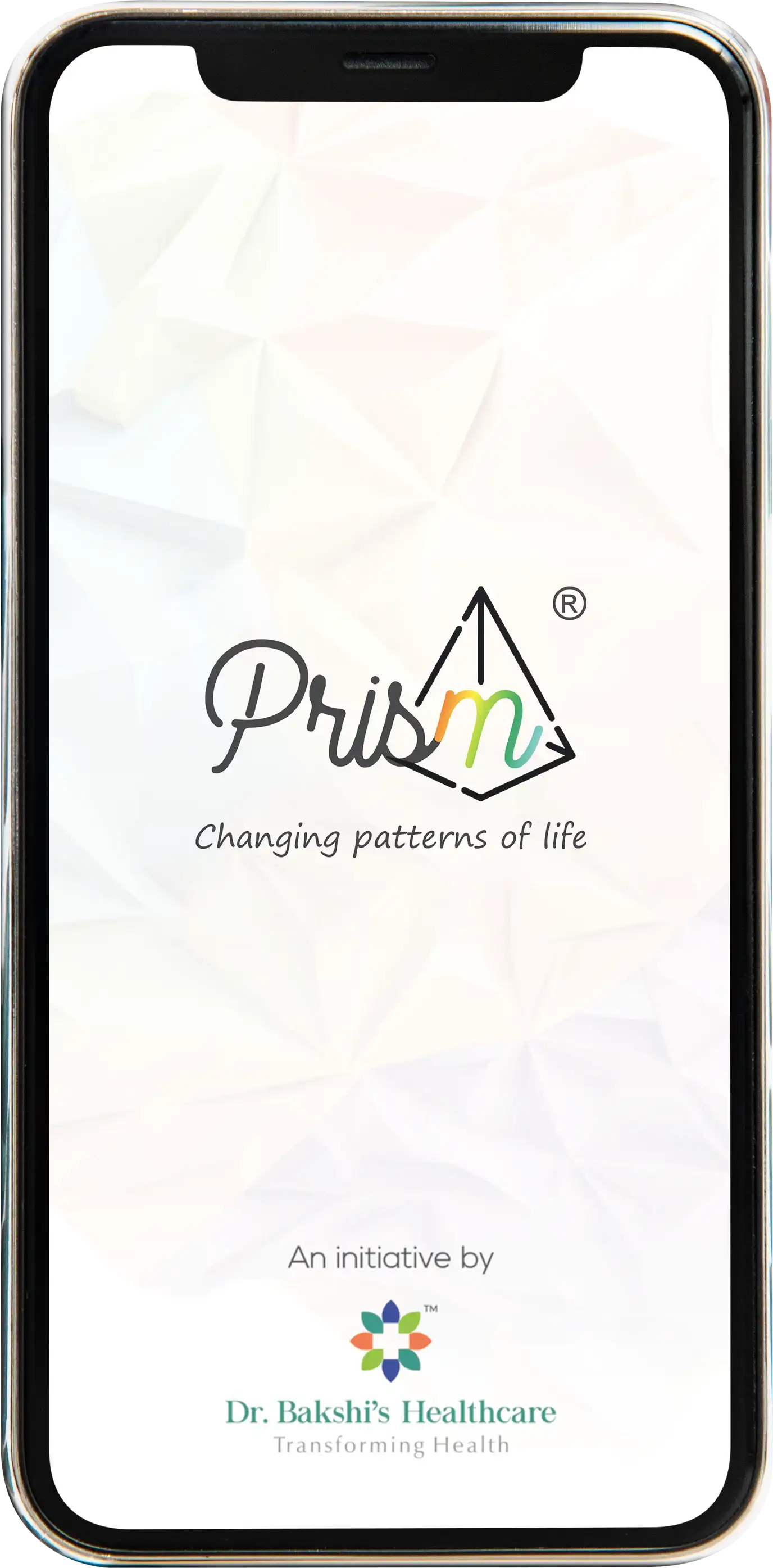Assessment for Old Age
Geriatric psychological assessment is a comprehensive process designed to evaluate older adults' cognitive, emotional, and functional well-being. The mental health of older adults is a critical aspect of their overall well-being and quality of life. However, identifying and addressing mental health challenges in this population can be complex, as symptoms may often overlap with physical health conditions or be mistaken for normal aging. Clinical assessment plays a key role in this process, comprehensively evaluating emotional, cognitive, and behavioral functioning. This helps in the early diagnosis of mental health concerns and the development of individualized care plans that address the unique needs of older adults.

Evidence-backed assessments

Evaluations conducted by qualified and experienced professionals

Personalized care with a holistic approach to the elderly's needs

Detailed Report & Recommendations
Areas for assessments
Psychological assessments for older adults focus on several key areas to evaluate their mental health, cognitive functioning, and emotional well-being. These areas include:

Cognitive Functioning
Assessment of memory, attention, problem-solving, and executive functioning to detect cognitive decline or conditions like dementia or Alzheimer's disease.

Emotional and Mental Health
Evaluation of mood, anxiety, and depression. Older adults are at increased risk for depression and anxiety, often linked to life transitions, loss, or chronic illness.

Behavioral Assessments
Observation of changes in behavior, including social withdrawal, aggression, or apathy, which may indicate underlying psychological or neurological issues.
Daily Functioning and Independence
Assessing an individual's ability to perform activities of daily living (ADLs) like dressing, cooking, and managing finances to determine the impact of cognitive or emotional challenges.

Personality and Coping Styles
Understanding how an older adult's personality and coping mechanisms have evolved over time and how these impact their ability to manage stress, loss, or illness.
Quality of Life and Social Support
Evaluating an individual's social relationships, support systems, and overall life satisfaction, which can affect mental health and emotional stability in older age.
Risk of Abuse or Neglect
Screening for signs of elder abuse or neglect, which may manifest emotionally, physically, or financially, and is crucial in ensuring their safety and well-being.
Holistic care for mental wellness

Multidisciplinary Team Care

Mental Health Support

Physical Health Management
Cognitive Stimulation Activities
Social Connection Building

Spiritual Emotional Well-being
Environmental Safety Adaptations

Personalized Care Plans
End-of-Life Support
Why Choose Prism?
Prism is a Mental Health application designed to support older adults and their families throughout their emotional and psychological journeys.
FAQs
A psychological assessment for older adults is a comprehensive evaluation that examines cognitive, emotional, and behavioral functioning to identify mental health concerns, cognitive decline, or changes in well-being.
These assessments help identify issues such as depression, anxiety, or dementia early on, allowing for timely intervention and tailored treatment plans to enhance overall well-being.
A typical assessment may include interviews, standardized tests, cognitive evaluations, and behavioral observations. It often involves discussions with the individual and their caregivers to gather comprehensive information.
The duration can vary but typically lasts from one to three hours, depending on the complexity of the case and the specific assessments being conducted.
Licensed psychologists, psychiatrists, or qualified mental health professionals specializing in geriatric care typically conduct these assessments.
Common concerns include cognitive decline (e.g., memory loss), mood disorders (e.g., depression or anxiety), behavioral changes, and difficulties with daily living activities.
Families can provide emotional support, help gather relevant information about the individual's history and behavior, and encourage open communication with the assessing professional.
After the assessment, the professional will provide feedback, discuss findings, and collaborate with the individual and their family to create a treatment plan or recommend further support services.
The frequency can vary based on individual needs and changes in health status. Regular assessments may be recommended if there are concerns about cognitive or emotional health.




